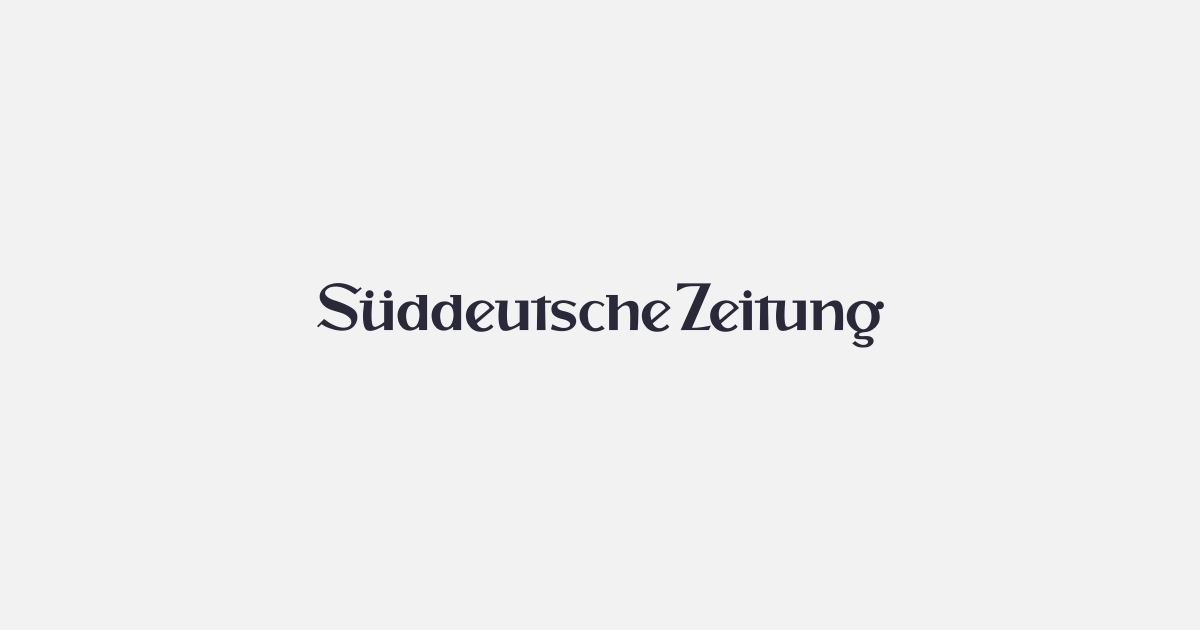On the 6th, the KOSPI climbed the long-awaited Hill 3000 for the first time in the history of the week and was pushed back. It has been 13 years and 5 months since it broke the 2000 line in July 2007, just before the global financial crisis. In March 1989, the stock market capitalization of only 70 trillion won when the KOSPI climbed to the 1000 hill is now over 2,000 trillion won. The real economy suffered from a slump due to the pandemic crisis, but the capital market heated up. Ant investors, who net bought 47 trillion won last year, collected more than 2 trillion won on the 6th. The day before, the heads of economic policy warned of financial risks with one voice, but they seemed to be unconcerned.
Deputy Prime Minister Hong Nam-ki said on the 5th, “The financial market has shown a stable state despite the Corona 19 crisis, but concerns about the gap between the real and the financial are growing.”
Bank of Korea governor Lee Ju-yeol also warned that “the potential risks due to liquidity supply and delayed interest repayment will be revealed in earnest this year,” and warned, “In such a state, the market could be shaken significantly even with a small shock.” In fact, the voice of such a boundary is belated. It can be seen from the fact that the aggressive’debt investment’ has increased so that the balance of credit transaction loans, which was around 9 trillion won a year ago, now approaches 20 trillion won.
In order for the stock market to settle in the era of the 3000 index, the basic strength of the economy (fundamental) must be firmly supported above all. The global economy has already shrunk by more than 7% compared to when the pandemic had not hit. The growth rate of the Korean economy this year is expected to stay around 3%. Household debt is 1.7 times the disposable income. The BOK analyzed that if corporate sales decline as the end of the pandemic is delayed, the number of companies that cannot pay interest through operating profit this year will increase to 39% of the total. These are all ambulances that will hold back the stock market.
Rather than overheating the stock market due to ultra-low interest rates and liquidity floods, it is desirable to upgrade to the next level while strengthening stamina with the recovery of the real economy. It is time for the government to come up with a three-dimensional policy so that the funds destined for the capital market can flow into the productive sector, and investors must maintain the standard of long-term investment rather than excessive debt.
[ⓒ 매일경제 & mk.co.kr, 무단전재 및 재배포 금지] –
![[사설] Financial risk warning from heads of economy [사설] Financial risk warning from heads of economy](https://file.mk.co.kr/news/facebook_mknews.jpg)

